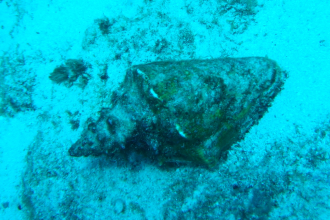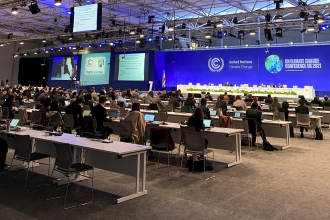
Paper on fishing management received the Peter Berck’s Award.
A team from the Blue Resources for Development collaborative won Peter Berck‘s Best Discussion Paper Award. The paper, titled Improving utilization of the queen conch resource in the Colombian…

Government civil servants meet for peer learning on inclusive green economy
The Inclusive Green Economy program has now been up and running for about a year. On November 23-25 most of the 26 participants, civil servants from five East African countries, meet in person for the…

Julia won the Gunnar Köhlin's Best Master Thesis Award
The Gunnar Köhlin’s Best Master’s Thesis Award goes in 2021 to Julia Tatham. Her interest in energy poverty and the impact of indoor air pollution on people’s health awoke already in her early teens…

Submit proposals for the 2022 Society for Benefit-Cost Analysis conference
The Society for Benefit-Cost Analysis is now accepting proposals for its 2022 conference and professional development workshops. The conference will be held online in March; the workshops will be held…

Important to help the livestock sector in Africa cope with climate shocks
As a young boy in Ethiopia, he dreamed of being a fighter pilot, partly inspired by Top Gun. As he grew up, he made a 180-degree turn and is now a strong advocate for peace, which goes well together…
Finance Day at COP26 - can we trust free-riders to cooperate?
Wednesday, November 3, 2021. It is Finance Day at COP26 in Glasgow. I enter the venue through one of the many gates in the fence surrounding the Blue Zone. Security personnel checks my badge and my daily Covid-test result before allowing me through.

ENRRI-EfD Ghana outlines pathways for sustaining protected forests
ENRRI-EfD Ghana hosted a workshop on the topic: Sustaining protected forests in Ghana for forestry and environment stakeholders. The aim was to share and discuss the findings of a recent study on the…
